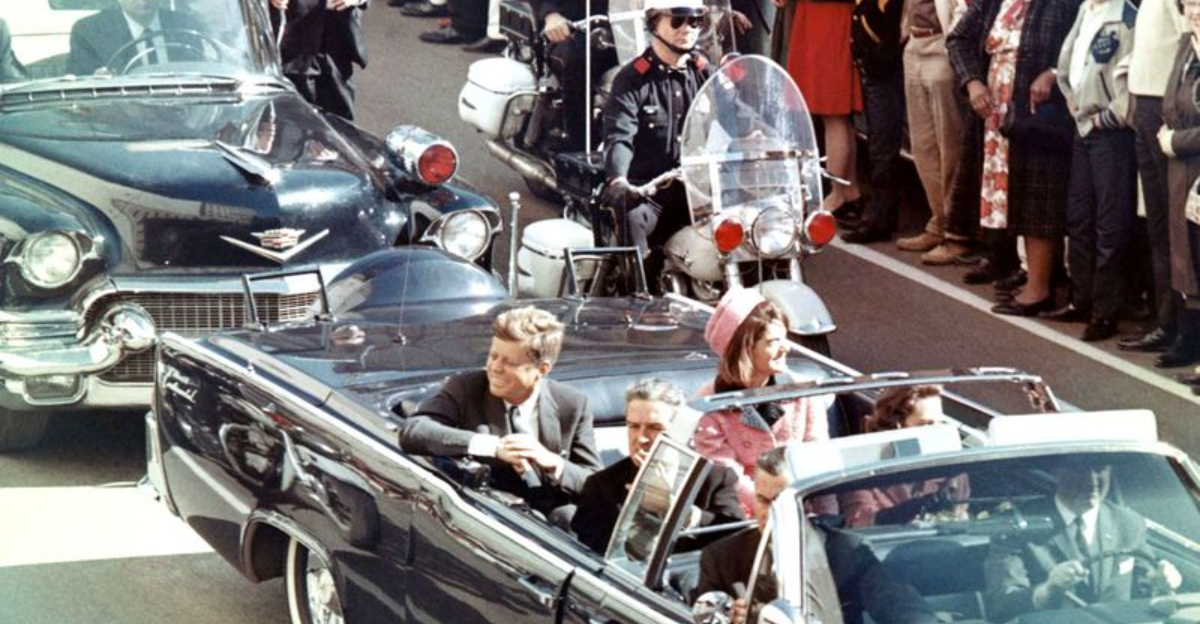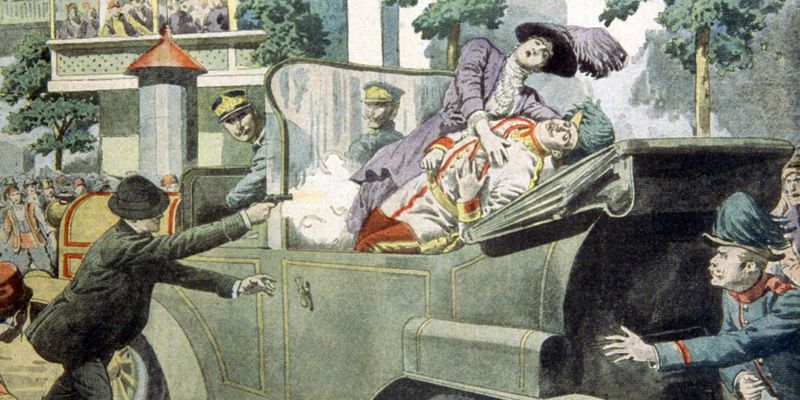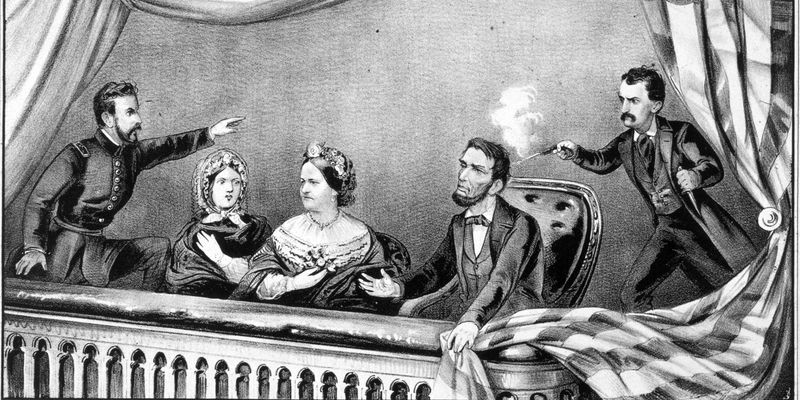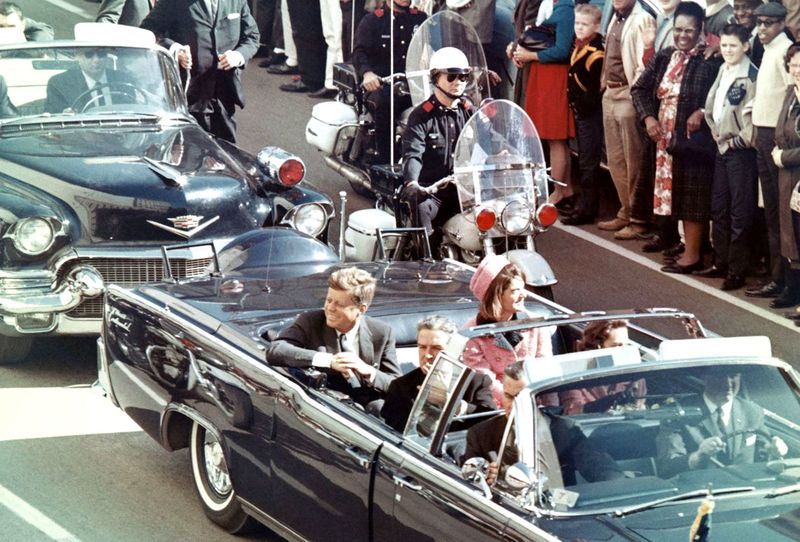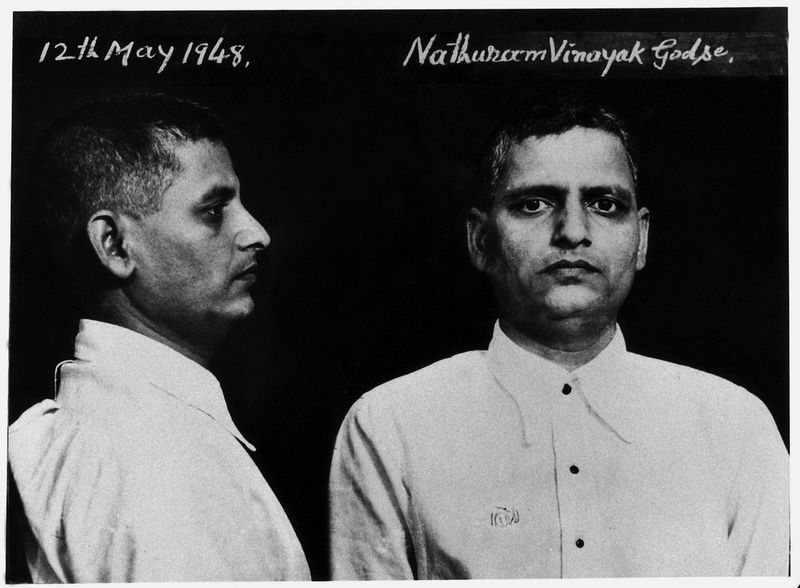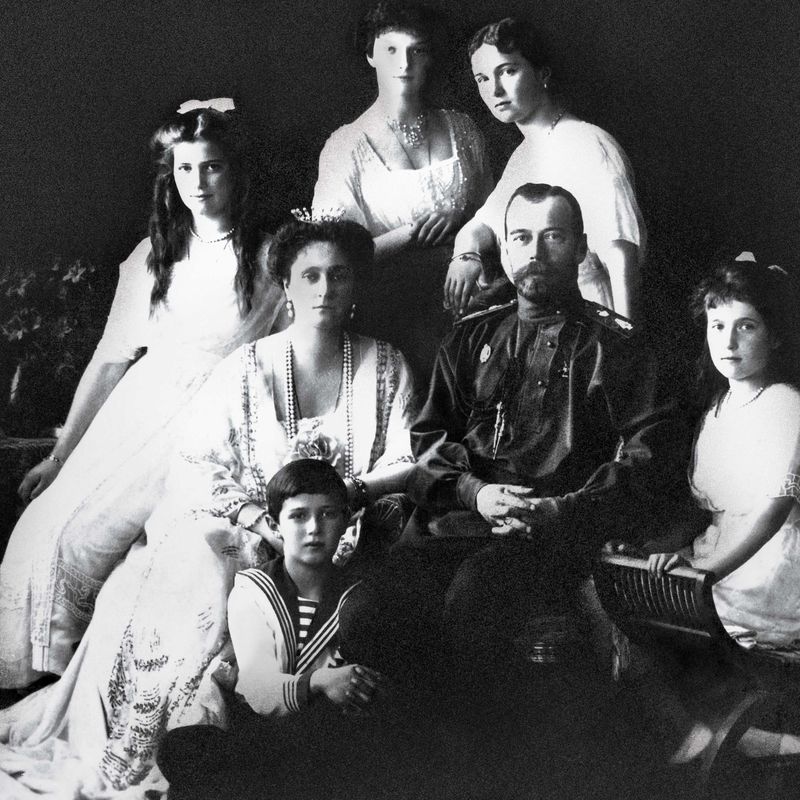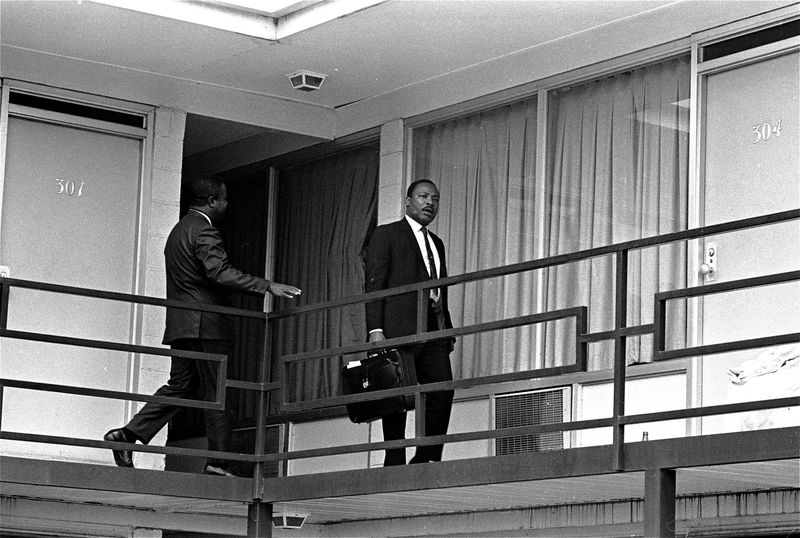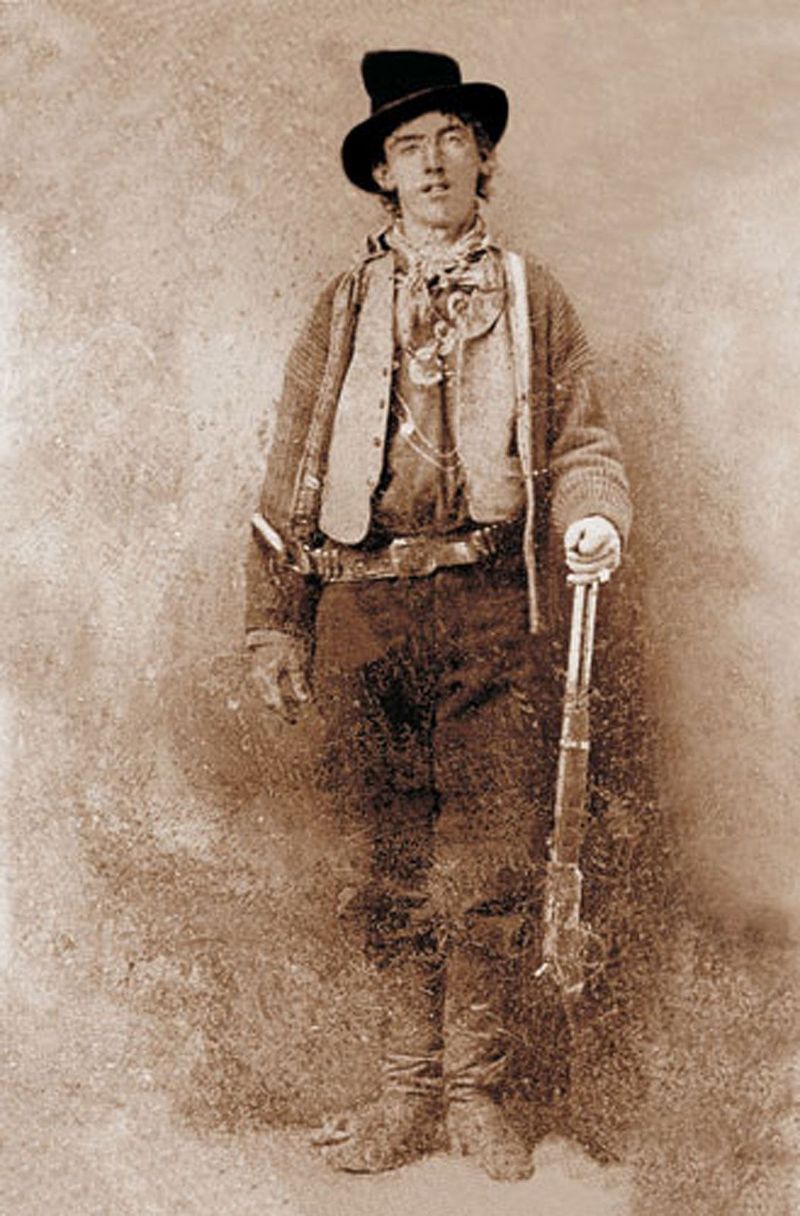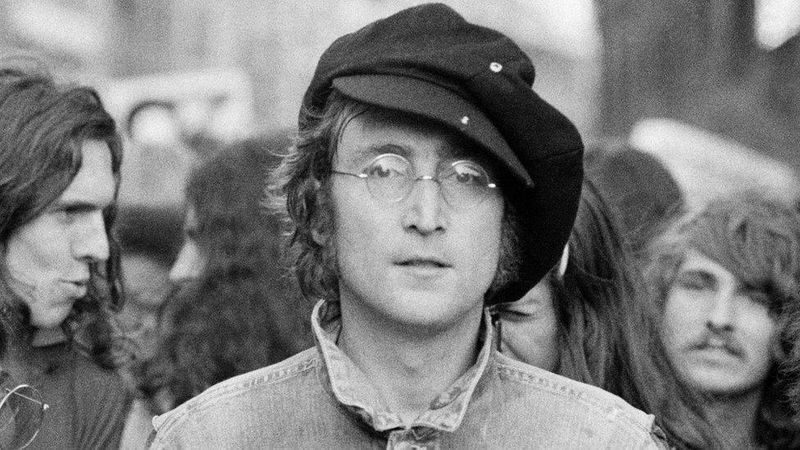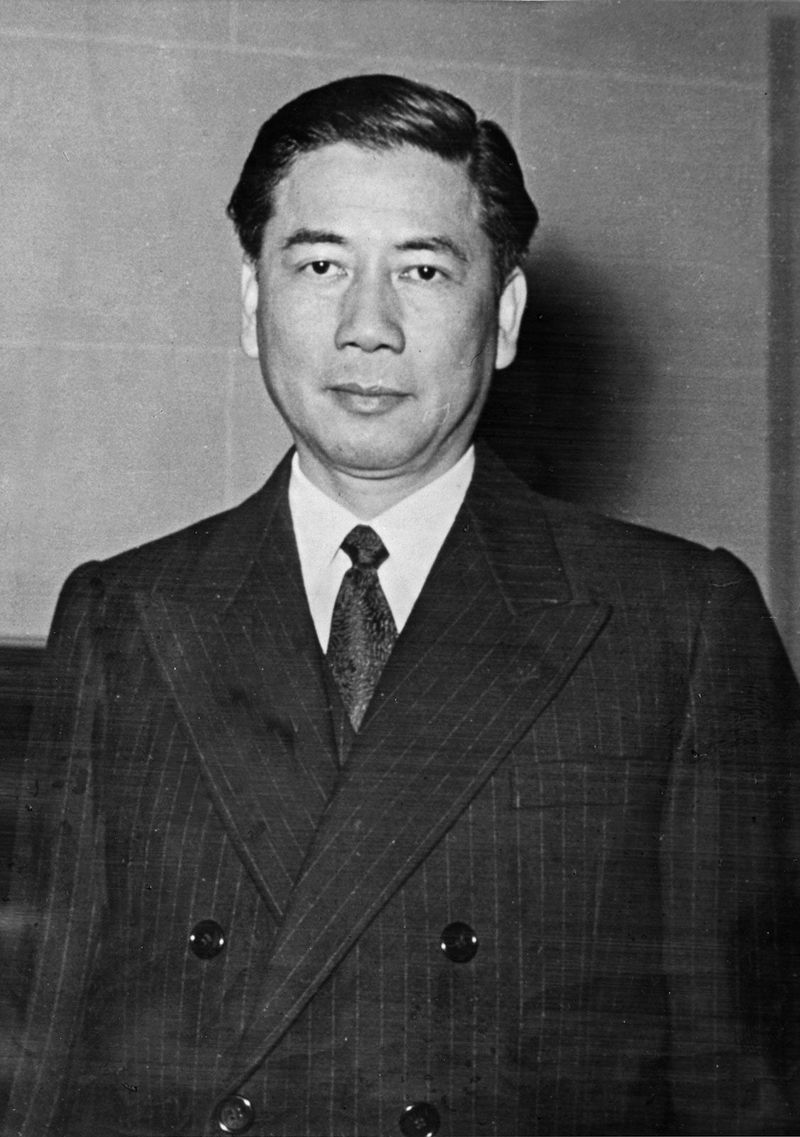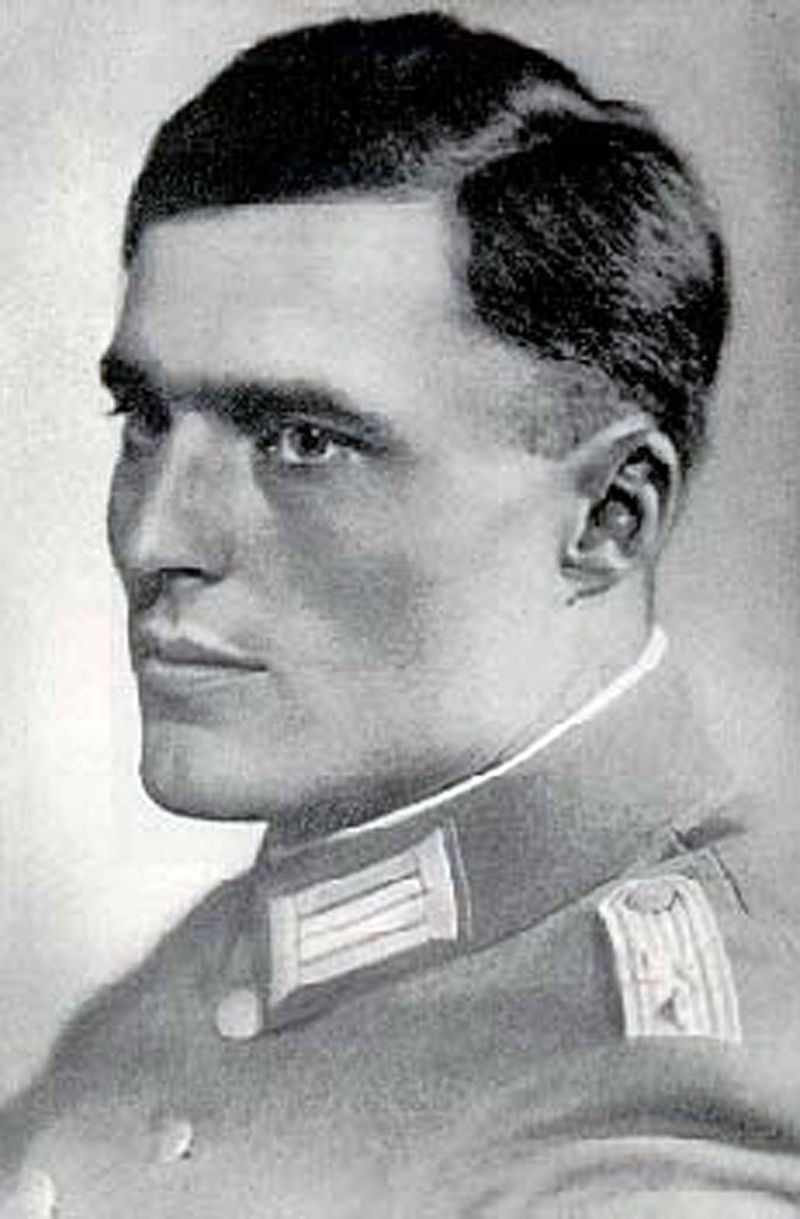Throughout history, single bullets have altered the course of events and reshaped societies. From political assassinations to war-triggering incidents, these ten bullets had profound impacts on world history. Each bullet not only ended lives but also sparked revolutions, shifted power dynamics, and influenced generations. This blog post delves into the narratives behind these pivotal moments, exploring how each bullet changed the world forever.
1. The Shot That Started World War I (1914)
In the bustling streets of Sarajevo, a young Gavrilo Princip awaited his chance. On June 28, 1914, he fired a single shot at Archduke Franz Ferdinand. This moment of violence marked the beginning of World War I, a conflict that would ravage Europe. The assassination ignited a chain reaction among alliances, dragging nations into a devastating war. Empires crumbled, and an era of unprecedented carnage followed. Princip’s bullet didn’t just kill an archduke; it dismantled age-old empires and led to the deaths of millions. A world forever changed with a single bullet.
2. The Bullet That Killed Lincoln (1865)
April 14, 1865, Ford’s Theatre. John Wilkes Booth sneaked into the president’s box. With a single bullet, he took Abraham Lincoln’s life and altered the trajectory of a nation. As the play continued, America plunged into a new reality. Lincoln’s vision for Reconstruction died with him, leaving the country divided. The bullet not only ended Lincoln’s life but also set back racial equality for decades. Booth’s act shook the very foundation of American ideals and democracy. A single shot, echoing through history, with repercussions felt even today.
3. The Sniper Round That Doomed JFK (1963)
Dallas, 1963. Lee Harvey Oswald allegedly set his sights on President John F. Kennedy. A single sniper round changed the course of American history. The vibrant era of Camelot ended abruptly, leaving the nation in despair. With Kennedy’s death, hopes for progressive change dimmed. Conspiracy theories bred mistrust in the government. Vietnam escalated, and America faced turbulent times. Kennedy’s assassination shattered illusions of a safe world. Oswald’s bullet not only took a life but also deeply scarred a nation’s psyche. A pivotal moment in modern history.
4. The Shot That Freed India (1948)
On a fateful day in 1948, Nathuram Godse approached Mahatma Gandhi during a prayer meeting. The bullet he fired did more than end a life; it shifted a nation’s path. India, fresh from independence, plunged into chaos. Gandhi’s death radicalized movements, and Hindu-Muslim violence surged. The principles of non-violence faced tests like never before. Godse’s bullet disrupted a peaceful struggle, leaving echoes of discord. Gandhi’s assassination was a turning point, altering the course of India’s newly gained independence. A nation mourned, and a legacy transformed.
5. The Bullet That Sparked the Russian Revolution (1918)
In a secluded house in 1918, the Romanov family awaited their grim fate. As the Bolshevik firing squad executed Tsar Nicholas II and his family, a new Russia was born. This bullet ended centuries of imperial rule, ushering in Communist dominance. The execution sealed the fate of the Romanovs, symbolizing the revolution’s irreversible nature. It marked the start of Soviet power, which would shape global politics for decades. A family’s tragic end transformed a nation’s ideology. The firing squad’s bullets left an indelible mark on world history.
6. The Shot That Killed Martin Luther King Jr. (1968)
April 4, 1968, the Lorraine Motel became a site of sorrow. James Earl Ray’s bullet struck Martin Luther King Jr., silencing a voice of hope. King’s death ignited nationwide riots, revealing deep societal fractures. His assassination stalled civil rights progress, as the nation grappled with loss. King’s vision of equality faced obstacles in his absence. The bullet didn’t just end a life; it highlighted the urgency of King’s dream. A turbulent period followed, reflecting on the challenges of achieving lasting change. A pivotal moment for civil rights.
7. The Bullet That Ended the Wild West (1881)
In the dusty streets of the Wild West, Billy the Kid met his end. An unknown assailant, possibly linked to Wyatt Earp, delivered the final blow. The outlaw’s death symbolized the close of frontier lawlessness. America was evolving, leaving behind tales of gunslingers. Billy’s demise marked a shift towards modernization and order. The bullet was more than an end; it heralded a new era. The frontier spirit faded, giving way to a structured society. A single shot, echoing the transition from chaos to civilization, forever altering the American landscape.
8. The Sniper Shot That Killed a Peace Icon (1980)
December 8, 1980, outside the Dakota building, Mark David Chapman waited. His bullet took John Lennon’s life, ending an era of peace and creativity. The world mourned a cultural icon, whose music inspired millions. Lennon symbolized hope and change; his murder shattered illusions. Chapman’s act resonated across generations, highlighting the fragility of peace. The bullet echoed a loss of innocence, as the world grappled with senseless violence. Lennon’s legacy, forever entwined with ideals of love and unity, endured beyond his untimely demise. A tragic end to a visionary life.
9. The Bullet That Triggered the Vietnam War (1963)
In 1963, South Vietnam’s political landscape shook violently. Ngo Dinh Diem’s assassination, allegedly by CIA-backed forces, shifted the course of war. His death destabilized the region, drawing the U.S. deeper into conflict. The bullet symbolized the fragility of South Vietnam’s government. Diem’s removal paved the way for increased American involvement. The Vietnam War escalated, leaving a scar on American history and conscience. The assassination highlighted the complexities of global politics, influencing future interventions. A pivotal moment, as a nation’s fate intertwined with international interests.
10. The Bullet That Nearly Killed Hitler (1944)
1944, a plot unfolded to change the world. Claus von Stauffenberg’s attempt to assassinate Adolf Hitler almost succeeded. The bomb plot, close yet incomplete, could have ended World War II prematurely. Hitler’s survival prolonged the conflict, costing millions of lives. The attempt symbolized the desperate hope for a different future. The near-miss highlighted the thin line between tyranny and liberation. Stauffenberg’s bravery, though unsuccessful, inspired resistance. A moment where history teetered on a knife’s edge, showcasing the impact of individual actions. A reminder of what might have been.
